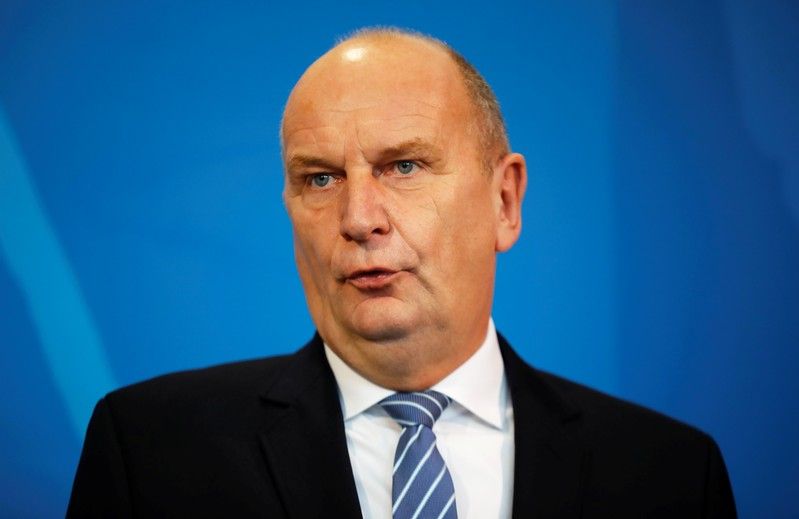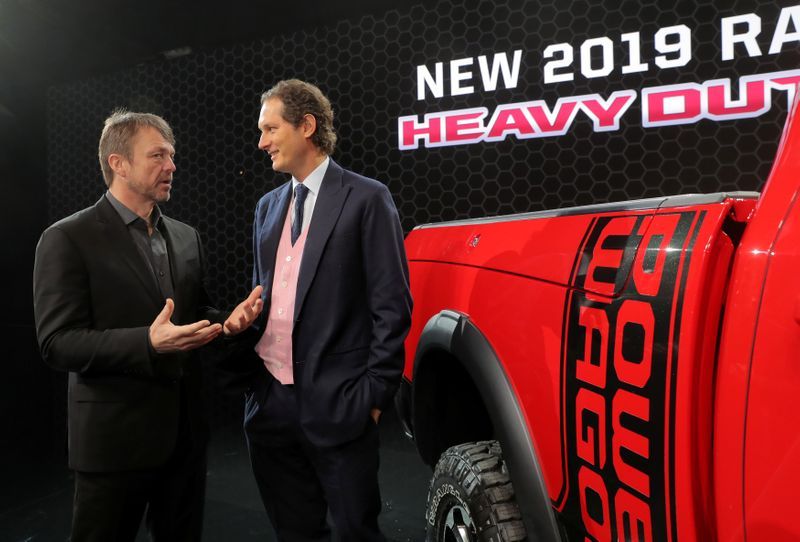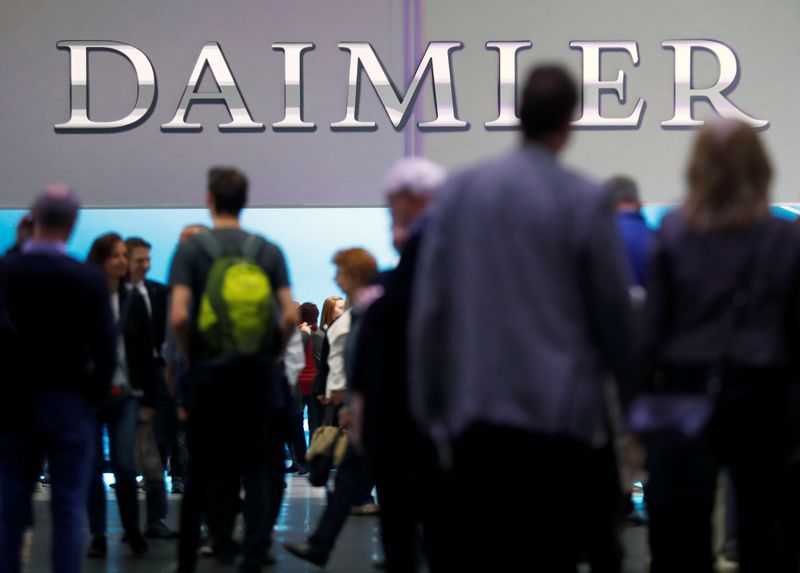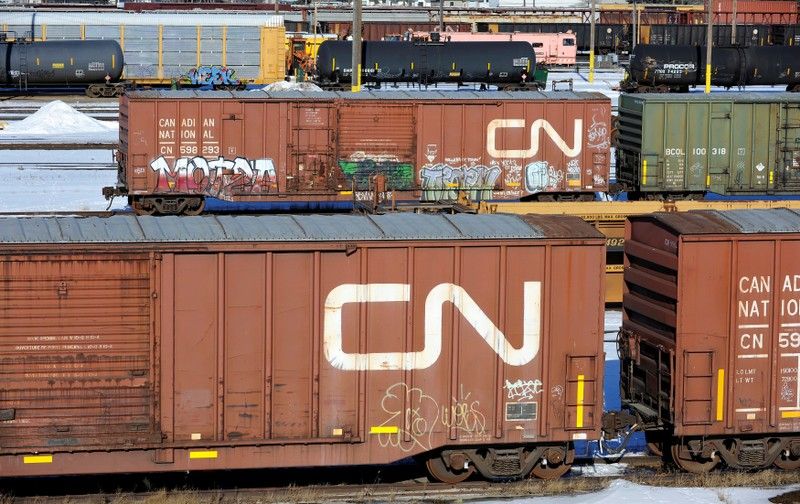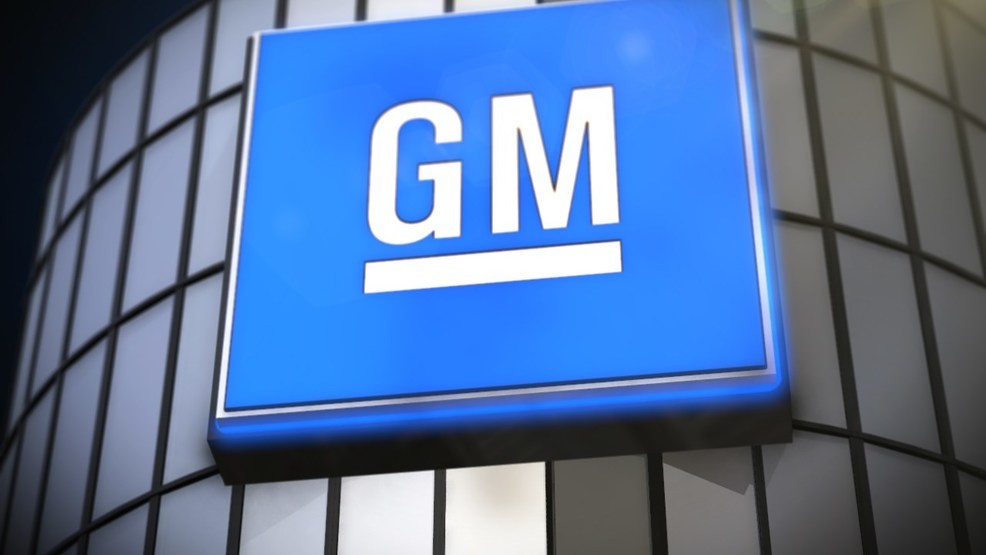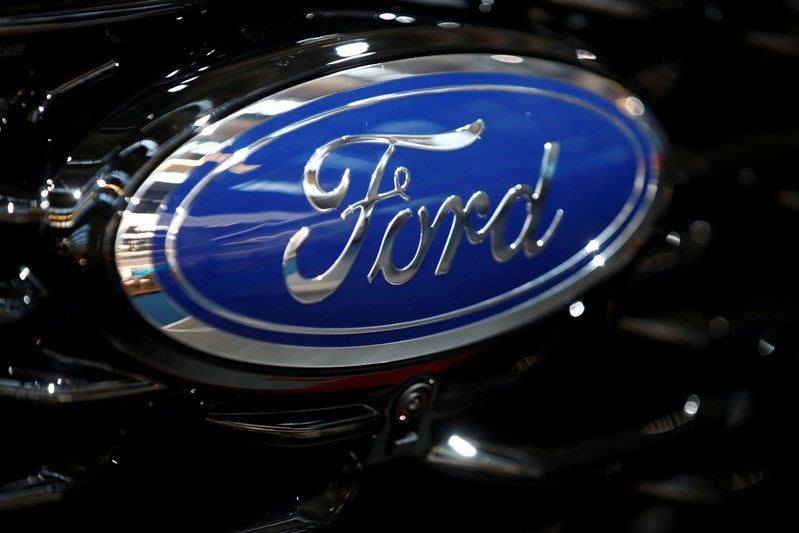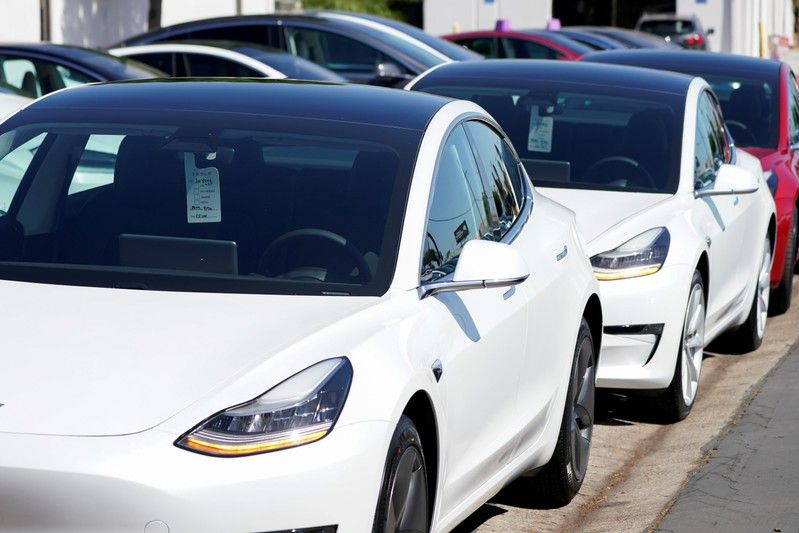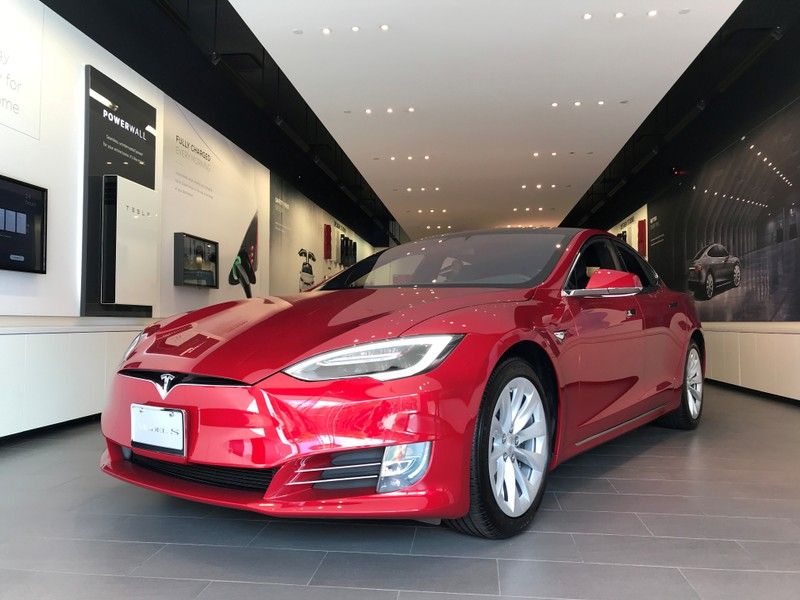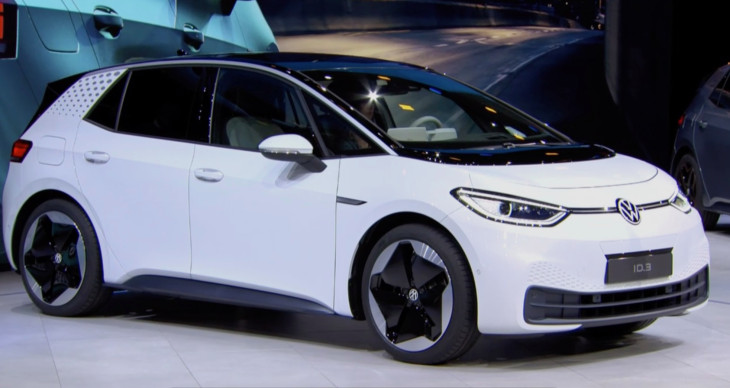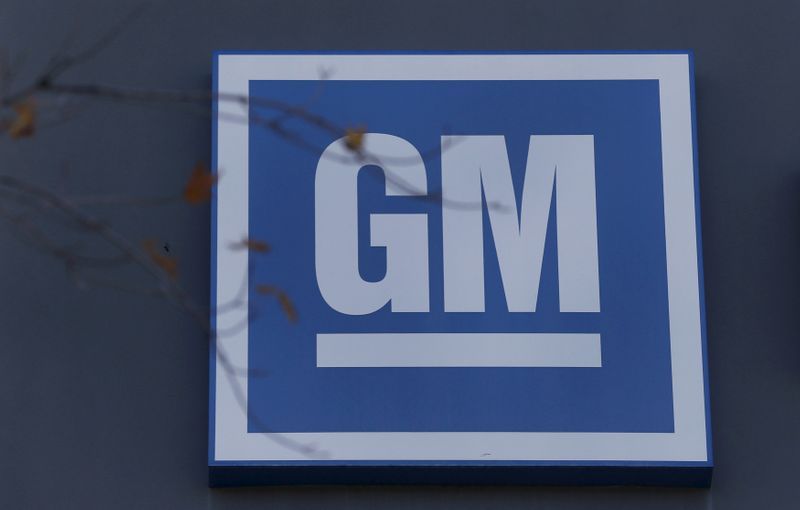
WASHINGTON (Reuters) – General Motors Co <GM> confirmed on Monday it agreed to loan $40 million to an electric vehicle start-up to facilitate the acquisition of its shuttered Lordstown Assembly plant in Ohio.
Lordstown Motors Corp, which is 10% owned by Workhorse Group Inc <WKHS>, bought the plant and equipment for $20 million in November as part of its ambitious plan to begin building electric pickup trucks by the end of 2020.
The loan agreement, which was reported earlier Monday by the Business Journal in Youngstown, was filed in Trumbull County last week.
Lordstown Motors has been working on the engineering of the new truck, “Endurance”, and hired Rich Schmidt, a former director of manufacturing at Tesla Inc, as chief production officer.
“We structured the sales agreement to help support Lordstown Motors’ launch plans for the Endurance pickup,” GM spokesman Jim Cain said, who added it “allows them to take possession of the plant and to cover some operating expenses while they undertake their capital raise.”
GM is not investing in the venture, but Cain said GM financing could rise to $50 million.
The fate of the sprawling northeastern Ohio plant became a political lightning rod after GM announced its planned closure in November 2018, drawing condemnation from U.S. President Donald Trump and many U.S. lawmakers.
Lordstown CEO Steve Burns told Reuters last month he hopes to have pre-production prototypes coming off the assembly line by April and to start production by November 2020 with an initial workforce of 400 hourly workers.
Burns said last month the company hopes to raise more than $300 million, the Business Journal reported. Burns told Reuters it retained Ohio investment bank Brown Gibbons Lang & Co in its capital fundraising effort.
GM and South Korea’s LG Chem <051910.KS> said Thursday they will invest $2.3 billion to build an electric vehicle battery cell joint venture plant in Ohio which will be one of the world’s largest battery facilities.
The plant, to be built near the Lordstown complex, will employ more than 1,100 people, the companies said.
As part of the Lordstown sale, GM has the option to lease land near the assembly plant that it could use for the battery plant.
(Reporting by David Shepardson; Editing by Sonya Hepinstall)

